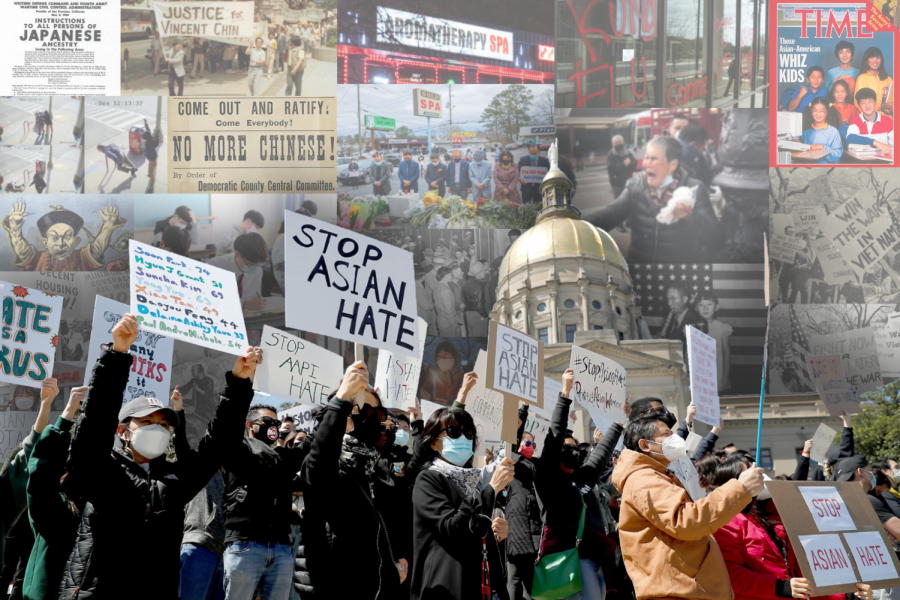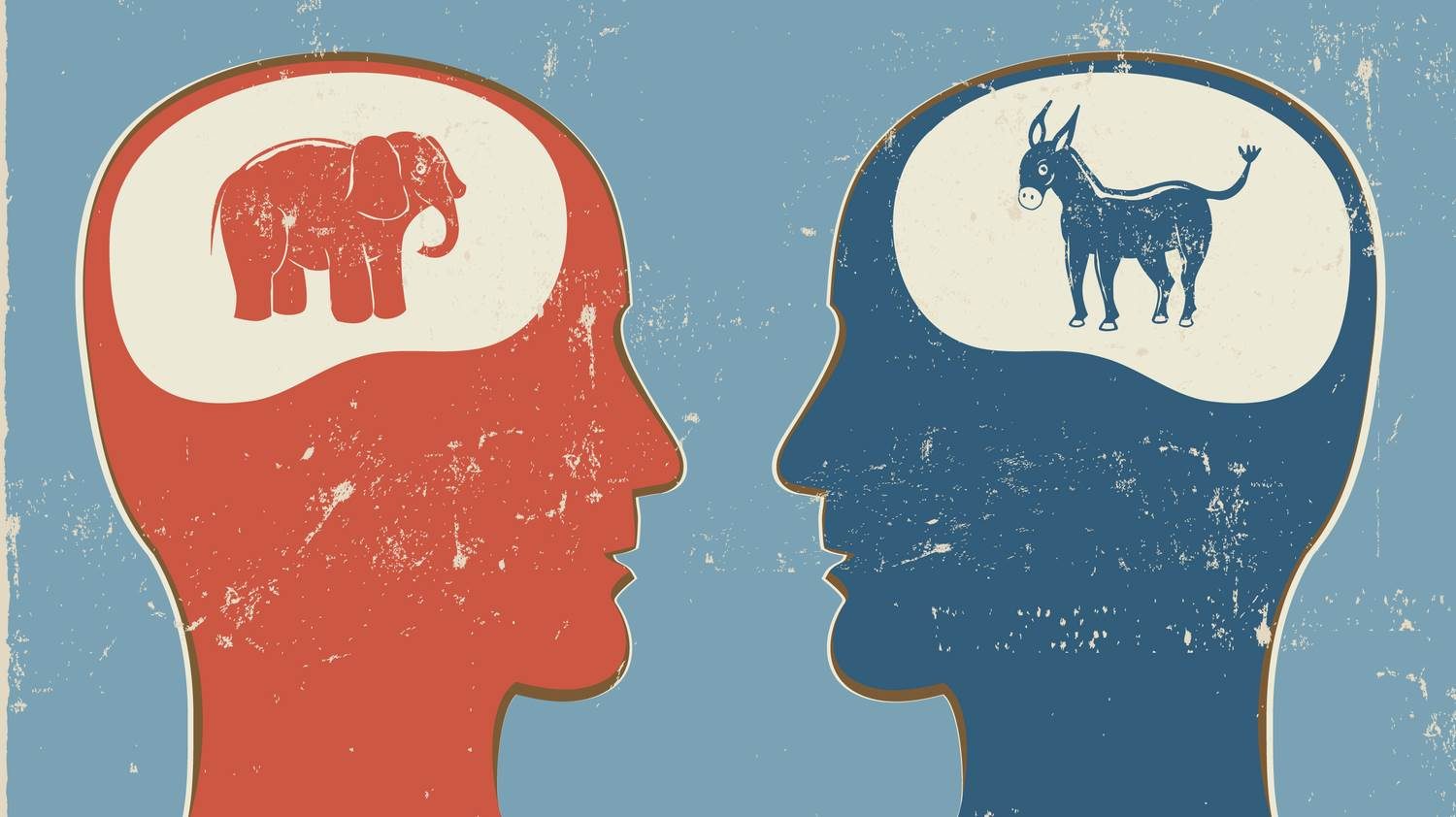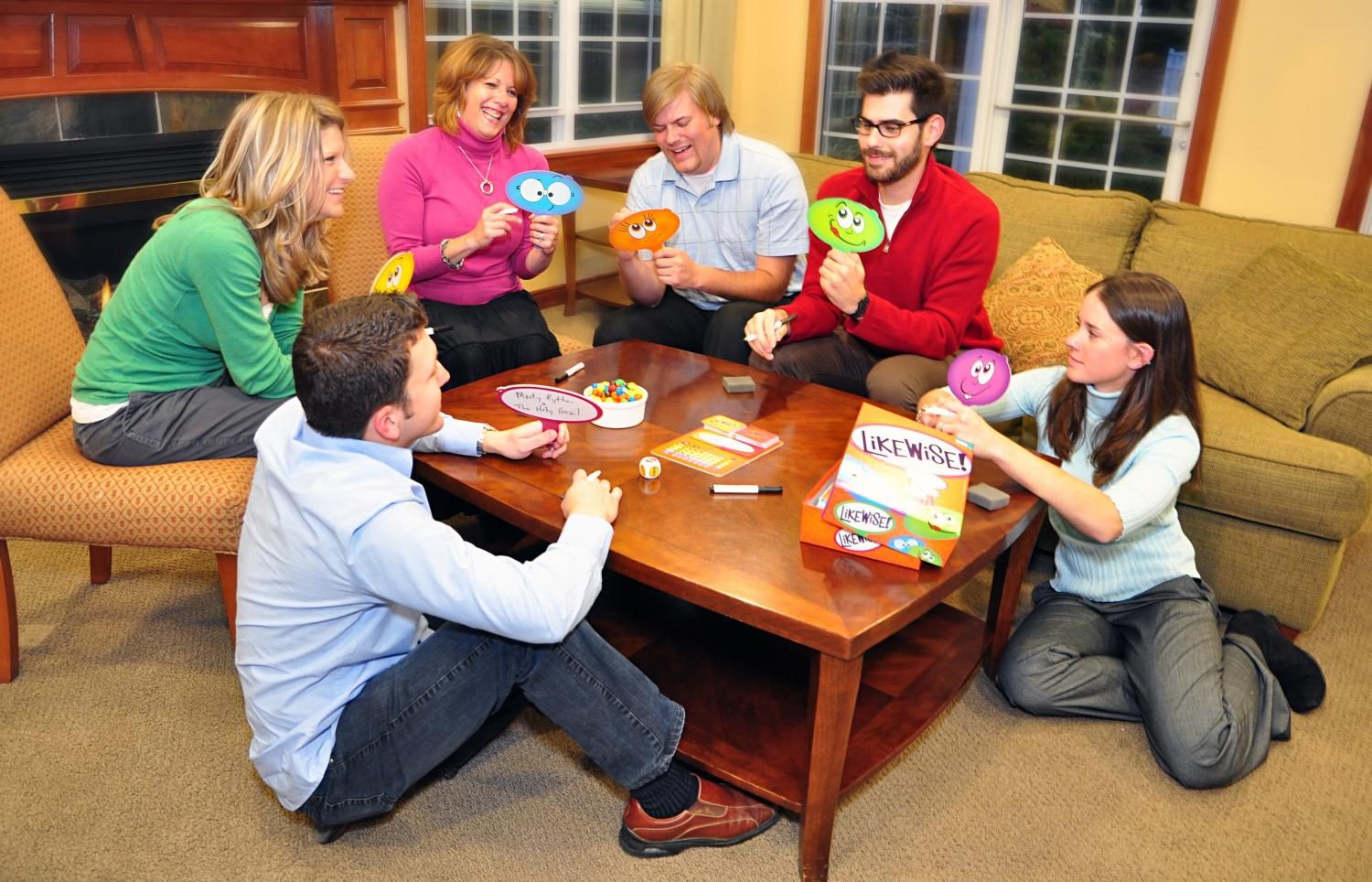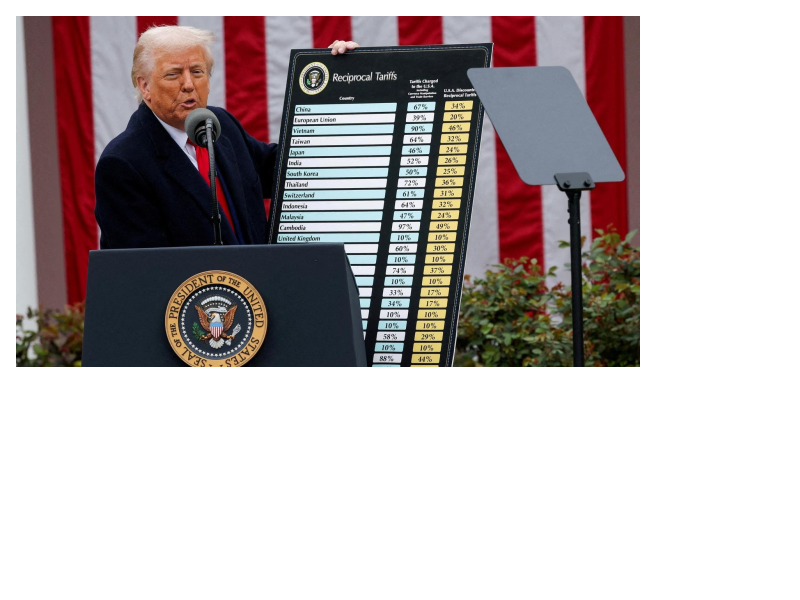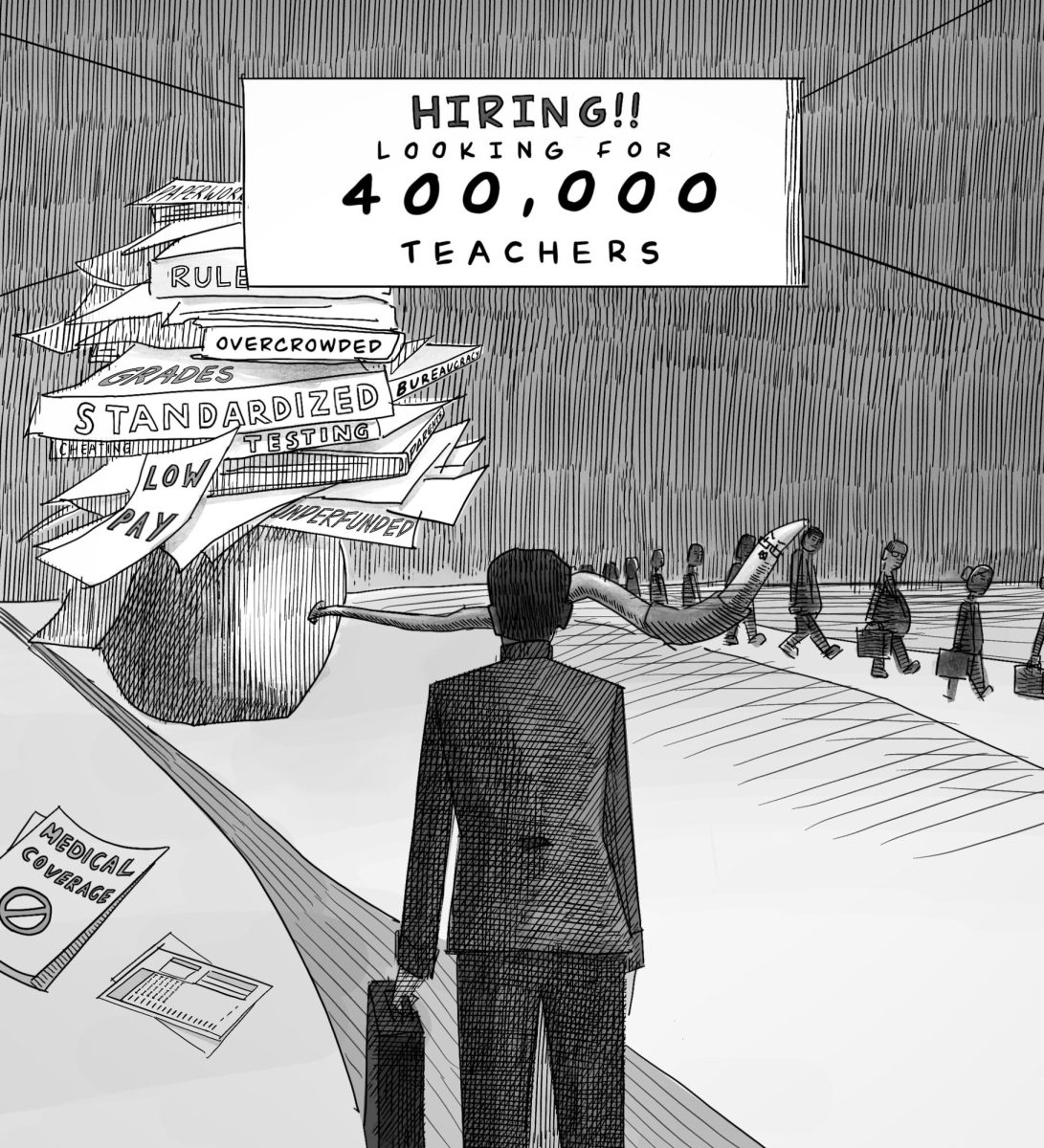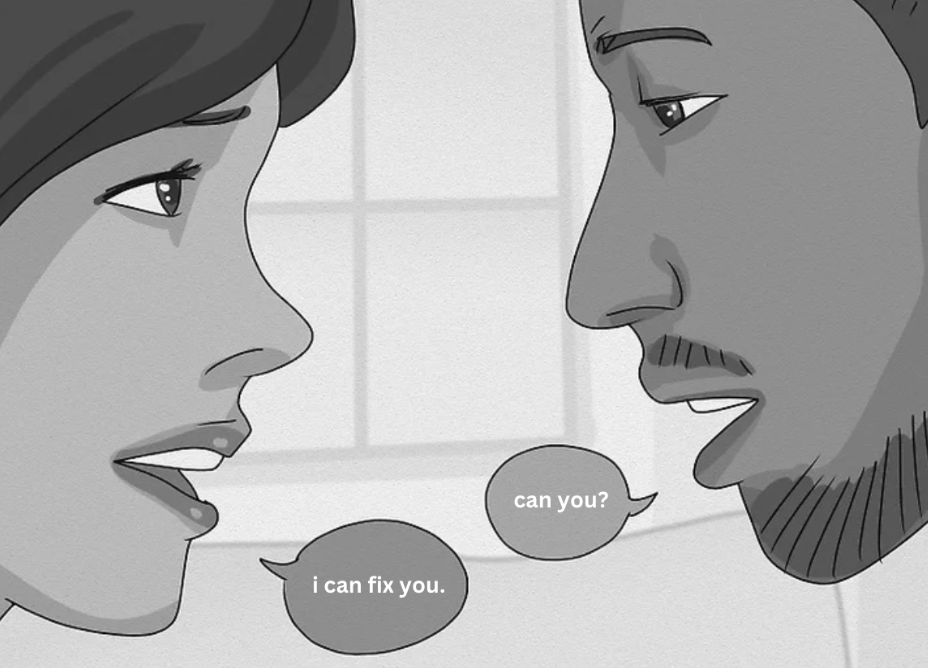More youths involved: Good or bad?
On Wednesday, October 31st, the Chamber of Deputies in the South American nation Argentina (part of their legislative branch or National Congress) passed a law allowing all 16-year-old citizens to be able to vote in the upcoming national election. It was voted on almost unanimously (131 votes in favor to 2 against) in a ploy to strengthen incumbent President Cristina Kirchner’s chances in next year’s presidential election, with her camp preaching voting as a “universal human right.” Like the United States, previously all 18-year-olds and above could vote in most elections, but now since 16 and 17-year old teens are allowed to vote there will be at least two million more potential voters in Argentina. Agustin Rossi, head of the governing bloc in the lower chamber of Congress said, “It is a very important initiative because it expands the frontier of rights.”

Skeptics contend that teenagers are too immature to vote, and should not be a factor in the future of their nation. Supporters of the bill state that Argentina’s increasingly legitimate education system is creating more knowledgeable students that can and should, in fact, have a say in future elections and the direction of their nation. In neighboring Brazil, 16-year-olds can also vote, but their education system is far inferior and thus should not be compared directly with Argentina’s new law.
As an Argentinian citizen, I will be able to vote in the October 2013 elections, so this law had a significant impact on my role as a duel citizen of both Argentina and America. I love Argentina as much as I love the United States, as that is where my family originally comes from, so its well-being is very important to me. I feel that this law will have a positive impact and something of the sort should be adopted by the U.S. in the near future. More times than not, 16-year-olds are “intelligent” enough to vote, and many things on the ballot can directly affect their futures (like Proposition 30 in California). With that said, there could be a sort of bylaw that disallows non-students or uneducated students enrolled in schools from voting, so that the decisions voted upon by juveniles are educated ones, not random. All things considered, Argentina’s bold decision allowing youths to have a say in their government will, indeed, start a worldwide trend that will change our world for the better.




